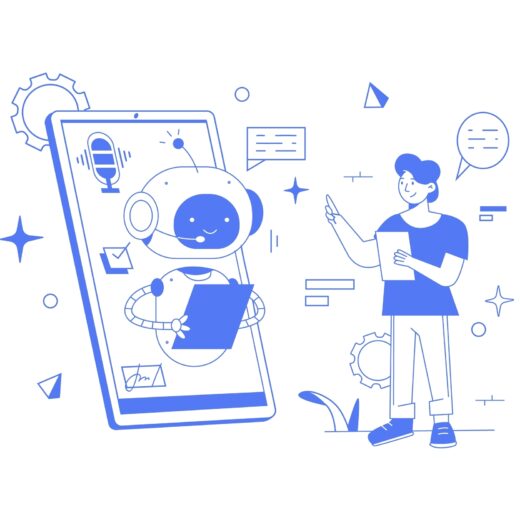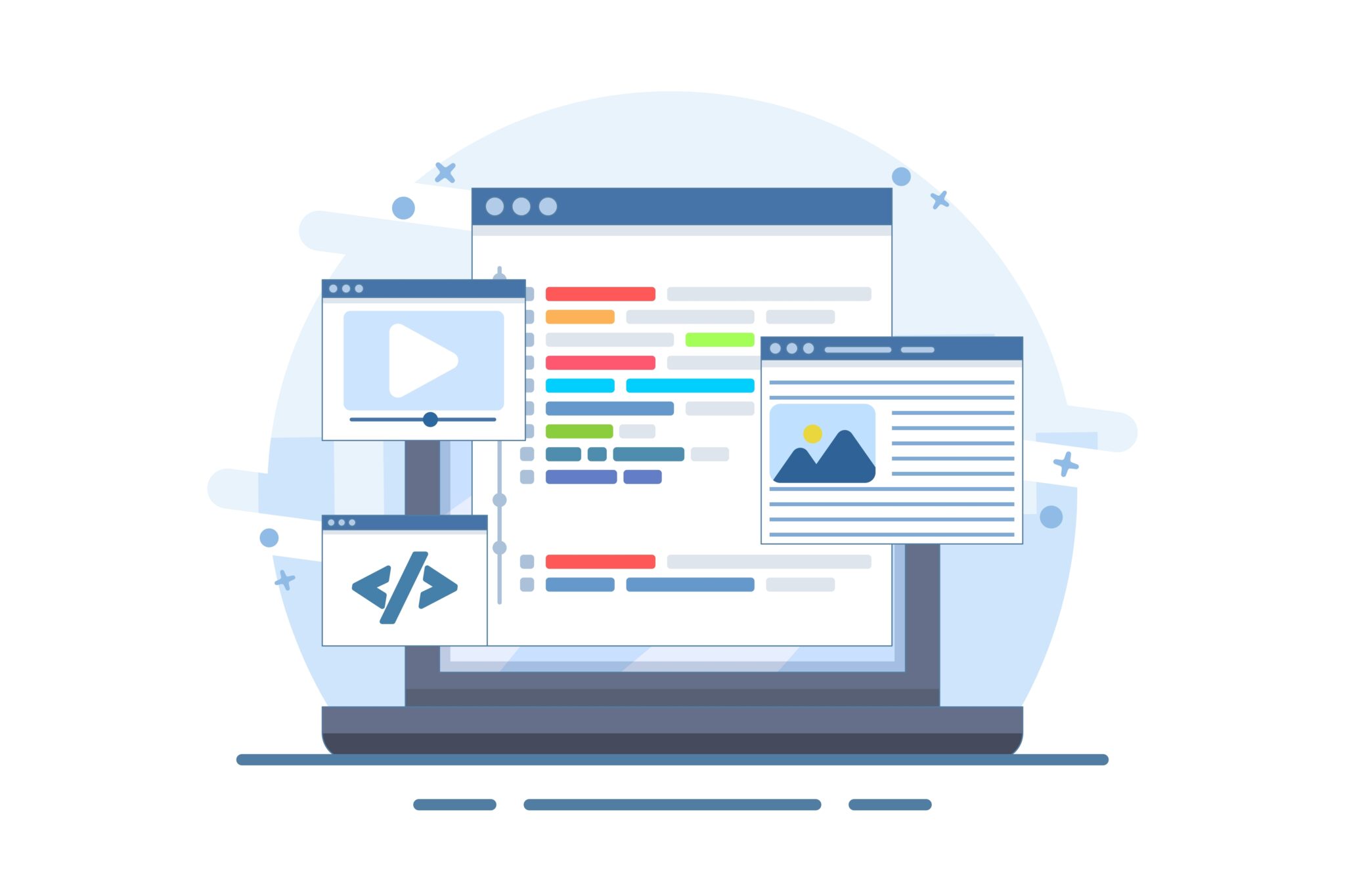GPT-6 and Dex: The Future of Personalised AI

Artificial intelligence continues to move at a remarkable pace, and two recent developments underline how deeply AI is weaving itself into both professional and personal lives. OpenAI has revealed that GPT-6 will be able to “remember” users, creating a more personalised and seamless experience. At the same time, Dex, an innovative educational device, is using AI to transform children’s photos into engaging language lessons. At Innermedia, we’ve been keeping a close eye on these advancements, as they reveal where the next phase of digital interaction is heading.
GPT-6: A Memory That Works for You
One of the biggest frustrations with current AI tools is their lack of long-term memory. Every conversation often starts from scratch, requiring users to provide context again and again. OpenAI’s upcoming GPT-6 aims to solve that by introducing a persistent memory system.
Instead of being limited to a single chat session, GPT-6 will be able to remember your preferences, past interactions, and specific details you’ve shared. For businesses, this could mean AI assistants that recall brand guidelines, past projects, or client needs without being re-trained each time. For individuals, it may feel less like interacting with a static chatbot and more like conversing with a digital colleague who learns and adapts.
Of course, with memory comes responsibility. OpenAI has stressed that users will have clear controls to manage what the system remembers, ensuring privacy and security remain a priority. From a marketing and business standpoint, this personalisation opens up exciting opportunities for tailored customer experiences, but organisations must balance innovation with trust.
Dex: Turning Everyday Photos Into Lessons
While GPT-6 is reshaping professional and enterprise use, Dex is focusing on education at home and in classrooms. Unlike traditional apps, Dex is a camera-like device designed to encourage children to explore the world around them. It allows kids to take photos of everyday objects—whether it’s a trip to the park, a family pet, or a birthday cake—and transforms these images into language learning exercises.
For example, a picture of a child holding an ice cream might become the basis for a vocabulary game, a grammar quiz, or even a storytelling activity. This approach not only makes learning more relevant and engaging but also taps into the natural curiosity children have about their own lives.
Dex also brings in elements of storytelling and interactive games, allowing children to follow prompts and use new words in context. Parents benefit from progress tracking, with tools that show which words and phrases their child is learning most effectively. Importantly, the system has been built with child safety in mind, offering strong privacy protections and parental controls.
Educators have long known that personalisation is key to effective learning. By merging everyday experiences with structured lessons, Dex bridges the gap between home and classroom learning in a way that feels fun, natural, and memorable. Parents, too, gain a tool that makes screen time more productive, while still being enjoyable for their children.
What This Means for the Future
Here at Innermedia, we see both of these innovations as part of a broader shift in AI: from generic tools to context-aware, highly personalised experiences. GPT-6’s memory could transform the way businesses manage customer relationships and internal knowledge, while Dex shows how AI can bring personal relevance to education.
There are also wider implications to consider. Data protection, parental consent, and ethical AI use will remain at the forefront of these conversations. As technology becomes more personalised, so too must the safeguards around it.
Still, it’s difficult not to be excited by the possibilities. From helping brands create richer, more consistent customer journeys to making children’s education more immersive, these developments signal a future where AI feels less like a tool—and more like a partner.
The release of GPT-6 and the rise of tools like Dex demonstrate that AI is no longer just about efficiency—it’s about connection, context, and creativity. As these technologies mature, businesses and educators alike will need to explore how to embrace them responsibly while making the most of the opportunities they bring.
At Innermedia, we’ll continue to track these changes, offering insights into how they can support growth, engagement, and innovation for organisations of all sizes.








